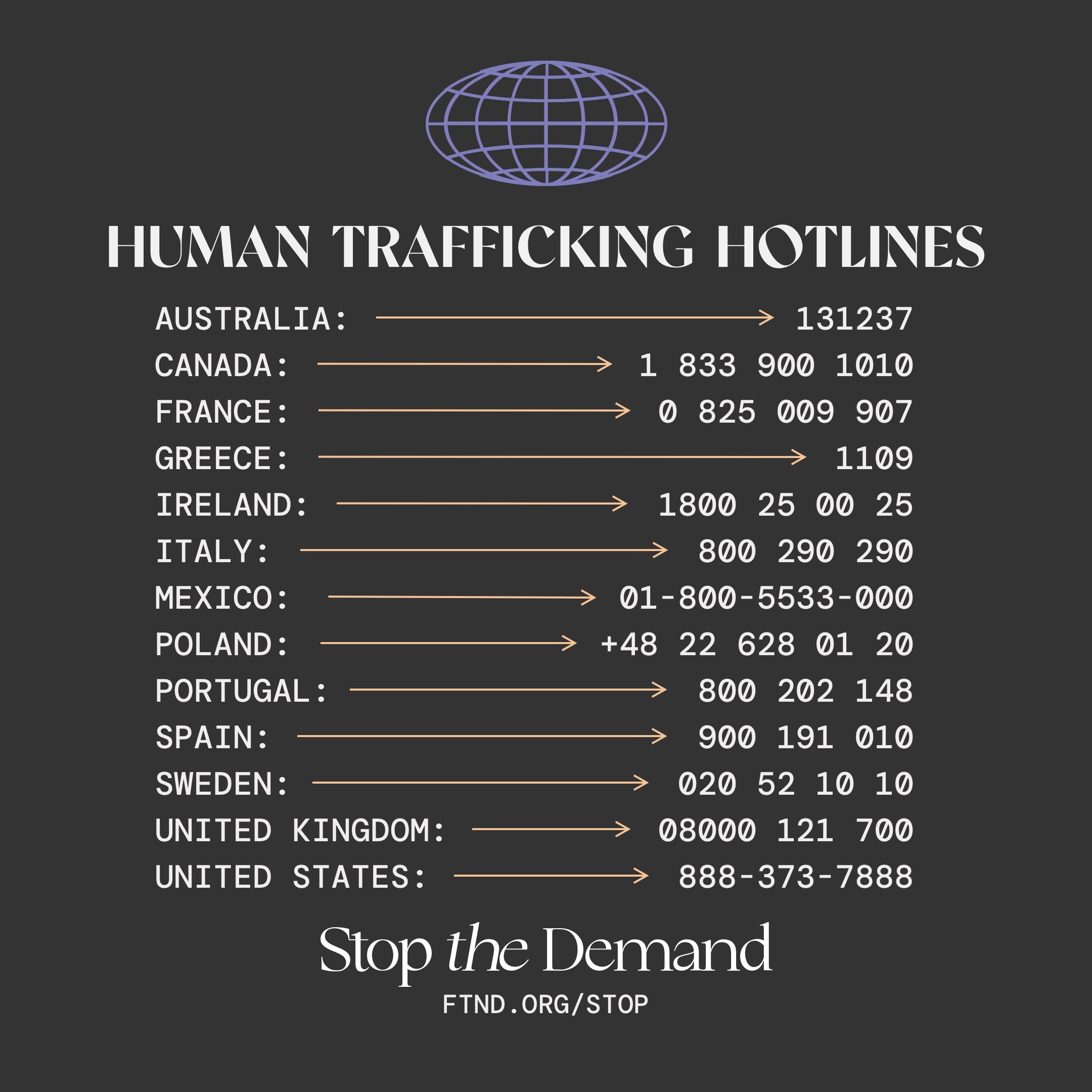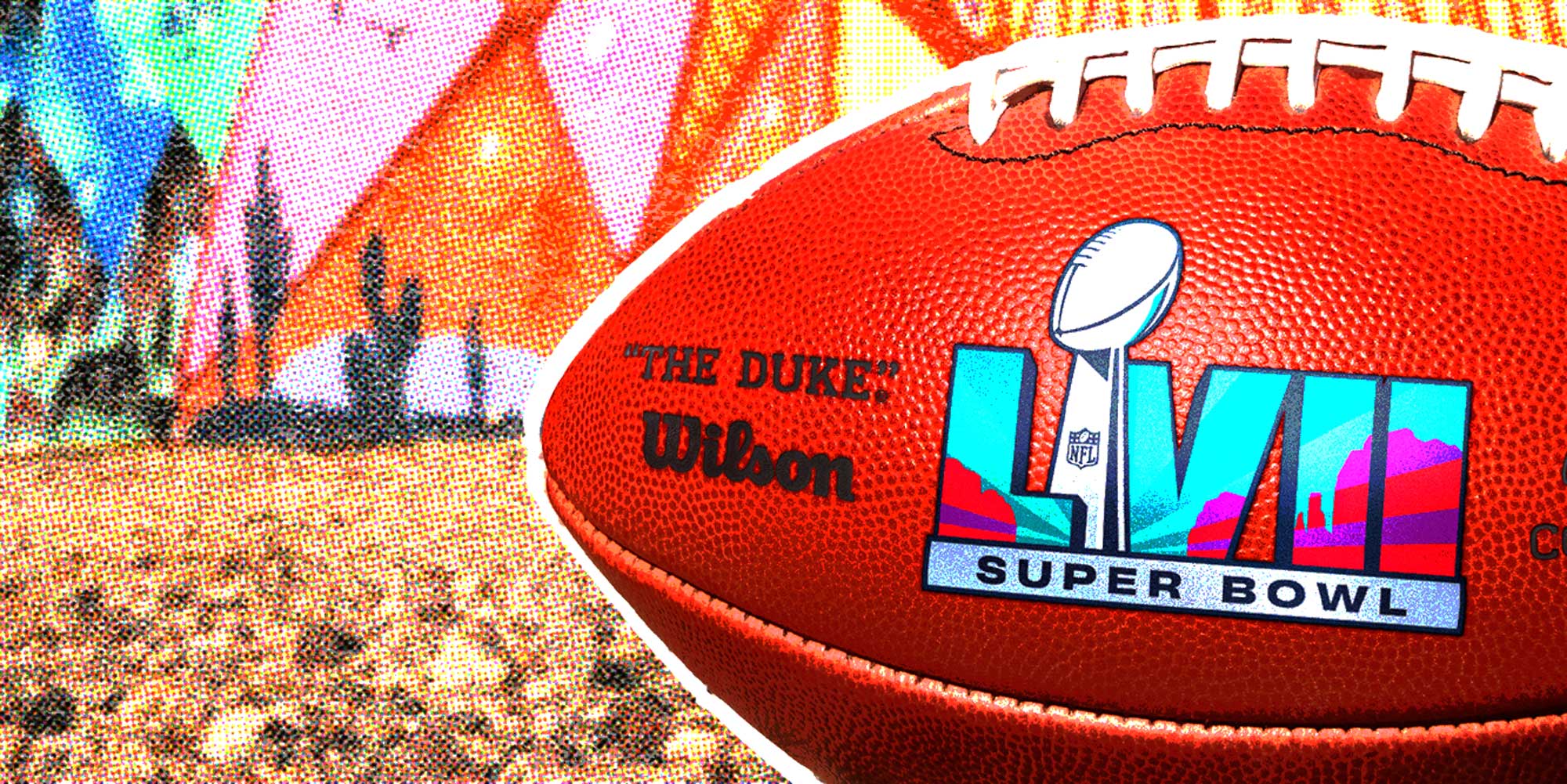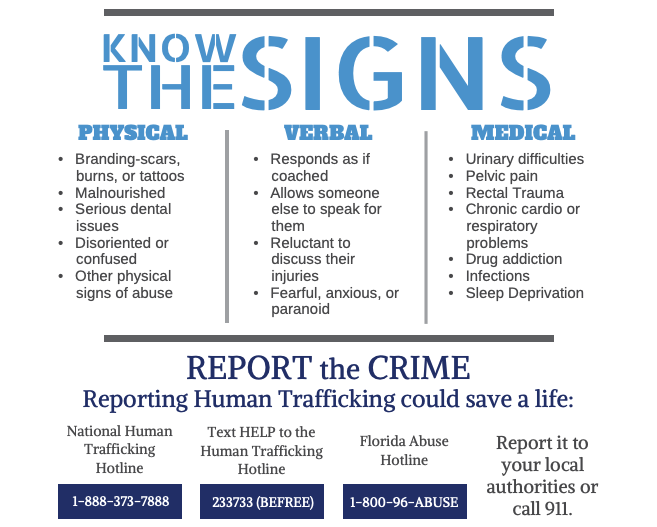While all eyes are on the upcoming event of Super Bowl LVII, there’s another billion-dollar industry that needs increased awareness—and not just in light of this event, but every day of the year.
Human trafficking happens every day in every state and country across the globe. Of course, exploitation doesn’t exclusively happen on Super Bowl Sunday, but this event and its resulting increase in tourism does present significant risk factors.
In fact, research shows that human trafficking can potentially spike surrounding events like the Super Bowl.
Anti-trafficking organization Polaris says, “While traffickers are savvy business people and go where the demand is, they also know where law enforcement is focusing their efforts and are constantly changing their tactics. Over the last few years, law enforcement agencies have significantly increased the resources they allocate to combating human trafficking leading up to and during the game.”
So as the host for Super Bowl LVII, what has the city of Phoenix done to help control potential trafficking in the weekend ahead—and what’s the plan for game day?
According to the Glendale Police Department, when Arizona hosted its first Super Bowl back in 2015, detectives encountered multiple sex workers traveling from California and Nevada. Sgt. Aaron Victor expects to see that again in 2023, and says that’s why Glendale Police are working with other law enforcement agencies across the Valley to catch traffickers entering the state.
“The traffickers will, of course, follow the money to Arizona,” Victor said. “We will be working with other teams to do operations leading up to the Super Bowl, and then we have response team plans on the day of the game to respond to reports of human trafficking in progress.”
Leading up to the event, the departments will work on customer apprehensions, child predator operations and victim support. Victor said victim support operations are “dedicated solely to providing resources to those that are vulnerable to being trafficked.”
Victor explains that the majority of operations being done leading up to the Super Bowl are undercover and that the details are secret, but will be happening with online targets and locations throughout the area.
“If you’re one of those people who’s trying to partake in these types of illegal activities in Arizona, there’s a very high likelihood that you will encounter a law enforcement officer in doing so,” Victor said.
On game day, officers and detectives will be on high alert and ready to respond to in-progress tips of trafficking from both tip lines and 9-1-1 calls.
Activists and survivors are also doing their part to raise awareness and offer support to victims.
Dr. Adrian Fletcher, a survivor, psychologist, and author who was trafficked by her father described how trafficking is a massive, orchestrated, and organized criminal enterprise that can happen to anyone. “It impacts all races and socioeconomic classes. There is a misconception that people have to come from poverty when that’s not true.”
According to the international labor organization, human trafficking brings in around $150 billion in profit each year and more than 20 million people are being trafficked worldwide. An estimated 5% of men have or will be buyers of sex workers, according to police.
These are significant numbers that could go up with Super Bowl LVII.
In an effort to help, the City of Phoenix has also partnered with the SOAP Project. Hundreds of volunteers are labeling small bars of soap and makeup removal wipes with education about the signs of human trafficking. Those items are being sent to local hotels and motels.
Polaris also says, “The awareness raised about sex trafficking leading up to the Super Bowl helps to increase public knowledge that this crime exists in our communities. However, that awareness shouldn’t be limited to only sex trafficking, the [city where the Super Bowl is held], or the big game. Victims of sex and labor trafficking need help and services throughout the year.”
Know the signs and how to report suspected trafficking
Law enforcement officials say that the public being able to spot the signs of human trafficking is one of the key ways to combat it long term. So what can make someone vulnerable to trafficking, and how can the average person help fight it?
Here’s a helpful guide shared by YouCanStopHT.com to help train the public to know what to look for.
The National Human Trafficking Hotline has also put together a comprehensive—but not exhaustive—list of common “signs” that a person might be in a trafficking situation. Check out the full list if you get a chance, but here are some examples.
Consider reporting a situation if the individual in question:
- Is not free to leave or come and go at will
- Is unpaid, paid very little, or paid only through tips
- Owes a large debt and is unable to pay it off
- Works or lives in locations with high-security measures (e.g. opaque windows, security cameras, etc)
- Is living and working on the same site
- Is fearful, anxious, depressed, submissive, tense, or nervous/paranoid
- Shows signs of substance abuse or addiction
- Shows signs of physical and/or sexual abuse, physical restraint, confinement, or torture
- Has few or no personal possessions
- Is not in control of his or her own money, bank account, or identification documents
- Is not allowed to speak for himself or herself (a third party takes the lead)
- Shows a lack of knowledge about where he or she is staying, what city it’s in
- Shares scripted, confusing, or inconsistent stories
It’s also important to note that according to cases reported to the National Human Trafficking Hotline, pornography was the 3rd-most common form of sex trafficking, after escort services and illicit massage businesses.
The National Human Trafficking Hotline is a 24/7 hotline that responds both to tips of possible trafficking and victims reaching out for help themselves.
You can call 1-888-373-7888 any time. You can also text 233733 at any time or chat live on their website. Advocates on the other end will coordinate with the best resources for the situation—local law enforcement if warranted, investigators, and service provider partners that help with victims’ needs.
Arizona officials share these state-specific resources, too:
Hotlines
Victim Resources
If you see something, be sure to say something and call the proper authorities. Remember that trafficking happens every day in all 50 states and in every country around the world.
Click here to learn about how porn and sex trafficking are connected.






